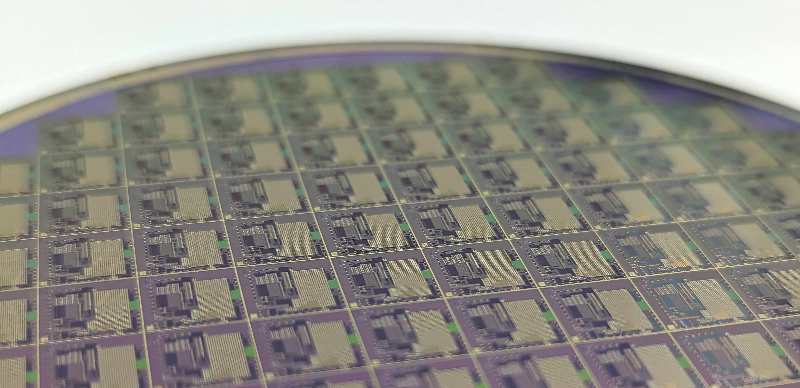The course is an introduction to modern integrated circuits. It covers basic topics common to analogue and digital integrated circuits built with CMOS technology. The performance and function of basic circuits and their electrical connections are studied. System architecture is introduced followed by hierarchical design, circuit simulation, physical implementation and verification. The course aims to make students acquainted with industrial EDA tools.
IL2241 Introduction to Integrated Circuits 7.5 credits

Information per course offering
Choose semester and course offering to see current information and more about the course, such as course syllabus, study period, and application information.
Information for Autumn 2026 Start 24 Aug 2026 programme students
- Course location
KTH Campus
- Duration
- 24 Aug 2026 - 23 Oct 2026
- Periods
Autumn 2026: P1 (7.5 hp)
- Pace of study
50%
- Application code
10834
- Form of study
Normal Daytime
- Language of instruction
English
- Course memo
- Course memo is not published
- Number of places
Min: 1
- Target group
- Open to all programmes as long as it can be included in your programme.
- Planned modular schedule
- [object Object]
- Schedule
- Schedule is not published
Contact
Course syllabus as PDF
Please note: all information from the Course syllabus is available on this page in an accessible format.
Course syllabus IL2241 (Autumn 2025–)Content and learning outcomes
Course contents
Intended learning outcomes
After passing the course, the student should be able to
- describe the operation, fabrication and scaling of CMOS technology
- explain and estimate the influence of electrical couplings on delay and power consumption in CMOS technology
- explain how complex integrated circuits are designed
- design standard cells, such as logic gates and flip-flops.
- describe how memories are designed and compare their performance
- use Electronic Design Automation (EDA) tools for the design, verification and characterisation of simple integrated circuits
- describe the impact of fabrication and use of integrated circuits on sustainable development objectives.
Literature and preparations
Specific prerequisites
Knowledge of digital circuits covering 3 higher education credits, equivalent to completed course IE1204/IE1205/IL2246.
Knowledge of electromagnetism covering 7.5 higher education credits, corresponding to completed course IF1330/EI1110/IE1206 or knowledge of analogue electronics covering 4.5 higher education credits, corresponding to completed course IL2246.
Literature
Examination and completion
Grading scale
Examination
- LAB1 - Laboratory work, 3.0 credits, grading scale: P, F
- TENS - Written exam, 4.5 credits, grading scale: A, B, C, D, E, FX, F
Based on recommendation from KTH’s coordinator for disabilities, the examiner will decide how to adapt an examination for students with documented disability.
The examiner may apply another examination format when re-examining individual students.
If the course is discontinued, students may request to be examined during the following two academic years.
Examiner
Ethical approach
- All members of a group are responsible for the group's work.
- In any assessment, every student shall honestly disclose any help received and sources used.
- In an oral assessment, every student shall be able to present and answer questions about the entire assignment and solution.
Further information
Course room in Canvas
Offered by
Main field of study
Education cycle
Supplementary information
In this course, the EECS code of honor applies, see:
http://www.kth.se/en/eecs/utbildning/hederskodex